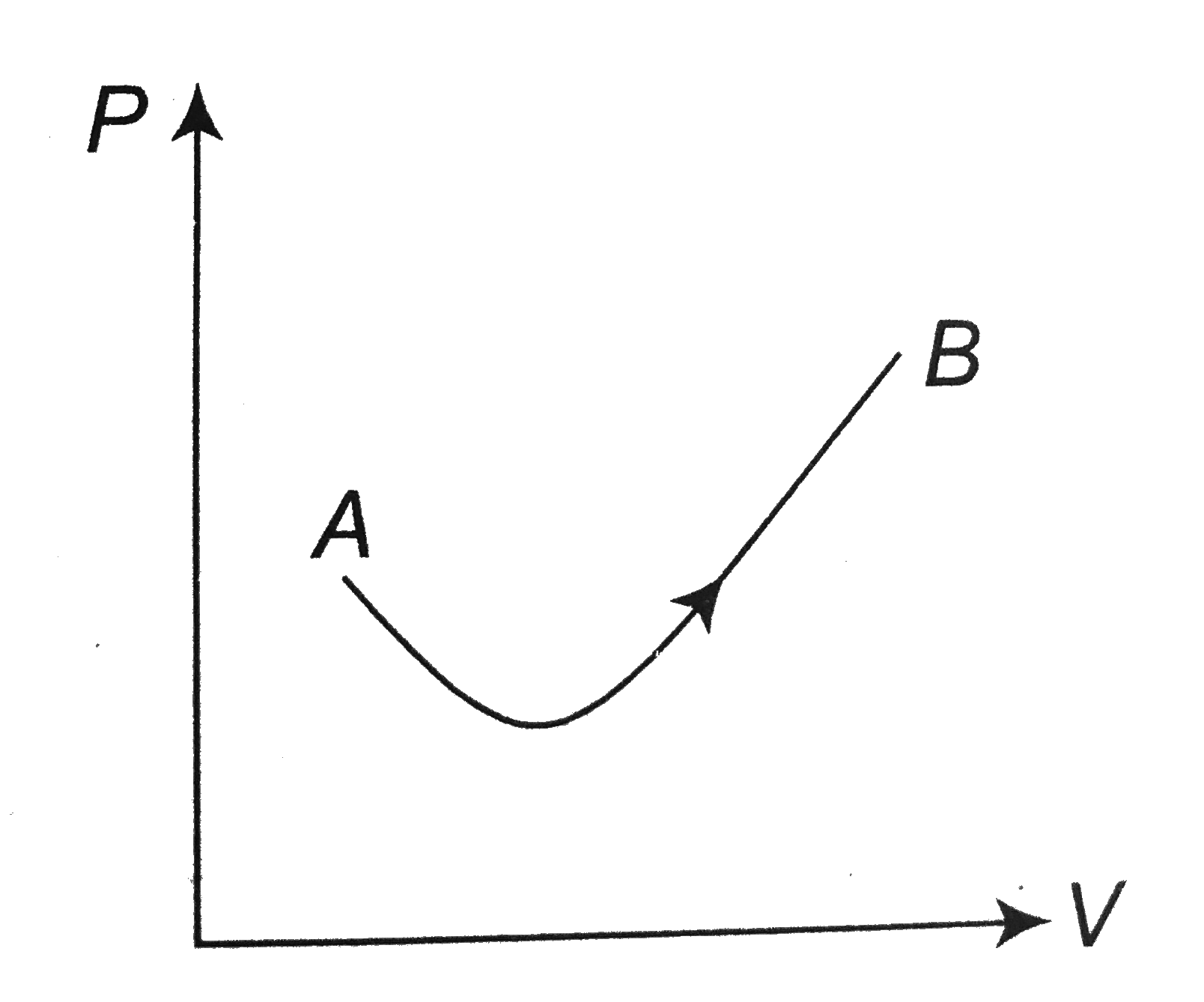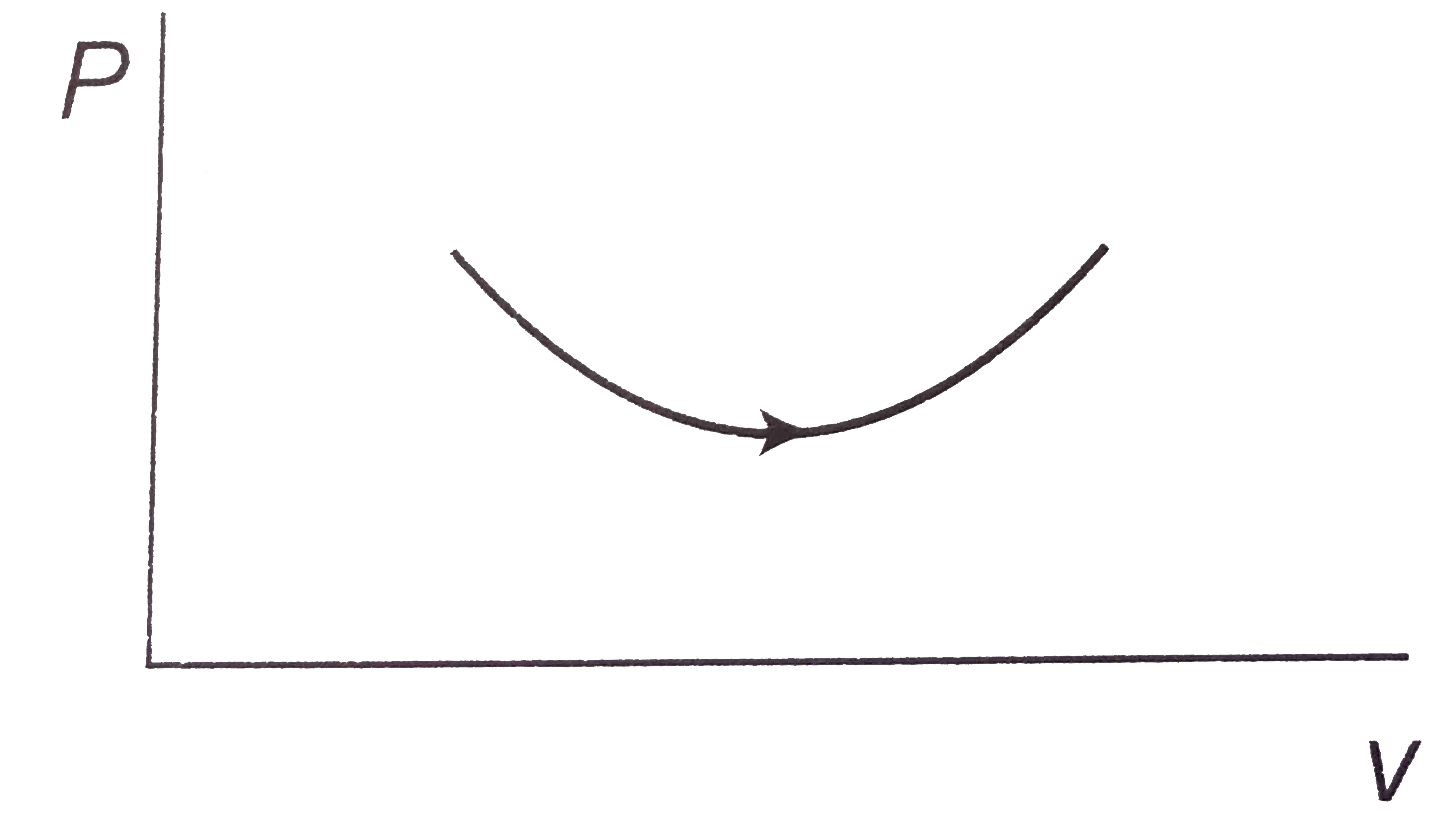The internal energy of a system remains constant when it undergoes
(i) a cyclic process
(ii) an isothermal process
(iii) an adiabatic process
(iv) any process in which the heat given out by the system equal to the work done on the system
A
(i),(iii)
B
(ii)
C
(ii),(iv)
D
(i),(ii),(iv)
Video Solution
Text Solution
The correct Answer is:B
Internal energy remains constant in isothermal process.
In cyclic process, change in internal energy ΔU=0
|
Updated on:21/07/2023
Topper's Solved these Questions
Similar Questions
Knowledge Check
- Question 1 - Select One
The internal energy of a system remains constant when it undergoes
(i) a cyclic process
(ii) an isothermal process
(iii) an adiabatic process
(iv) any process in which the heat given out by the system equal to the work done on the systemA(i),(iii)B(ii)C(ii),(iv)D(i),(ii),(iv) - Question 2 - Select One
Consider a process shown in the figure. During this process the work done by the system
 AContinuously increasesBContinuously decreasesCFirst increases, then decreasesDFirst decreases, then increases
AContinuously increasesBContinuously decreasesCFirst increases, then decreasesDFirst decreases, then increases - Question 3 - Select One
In a cyclic process, work done by the system is
AzeroBmore than the heat given to the systemCequal to heat given to the systemDinedpendent of heat given to the system
In a cyclic process, work done by the system is
View SolutionThe work done in which of the following processes is equal to the internal energy of the system ?
View SolutionThe work done in which of the following processes is equal to the internal energy of the system ?
View Solutionconsider the processes on a system shown in. during the processes,the work done by the system
 View Solution
View Solution
Consider the process on a system shown in figure. During the process, the work done by the systemView Solution

